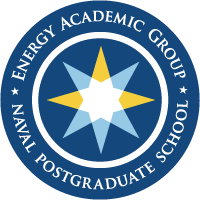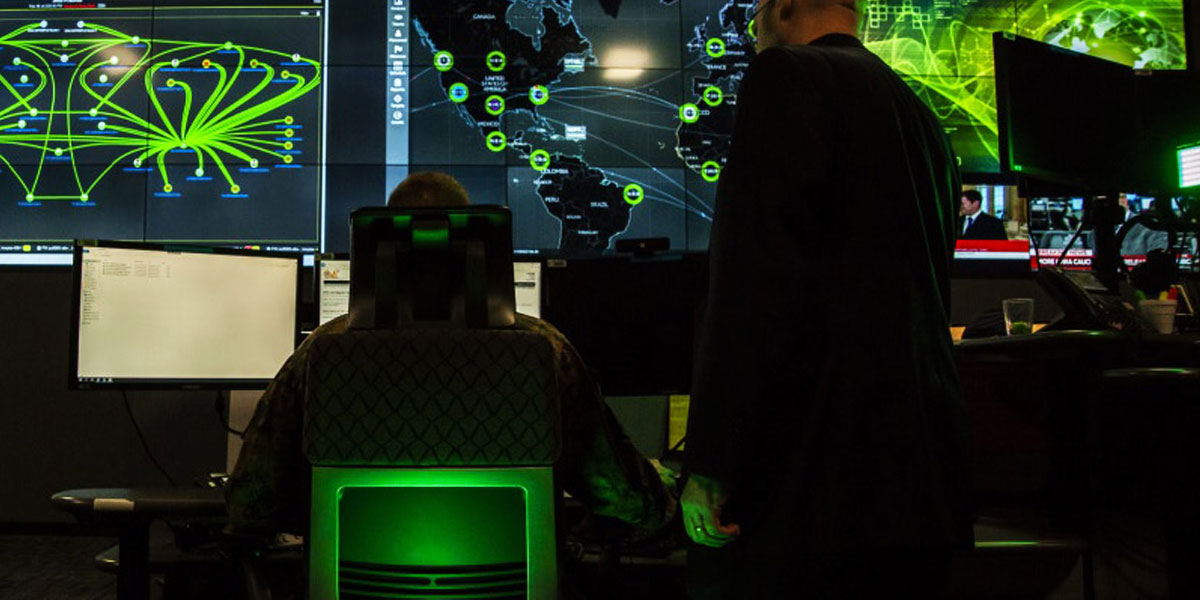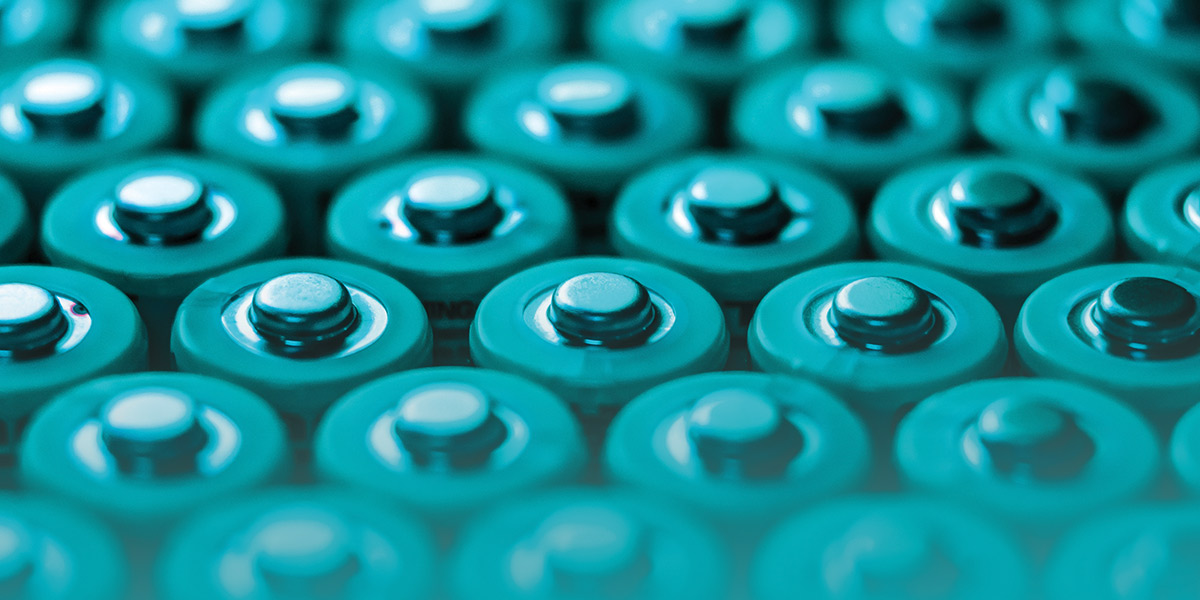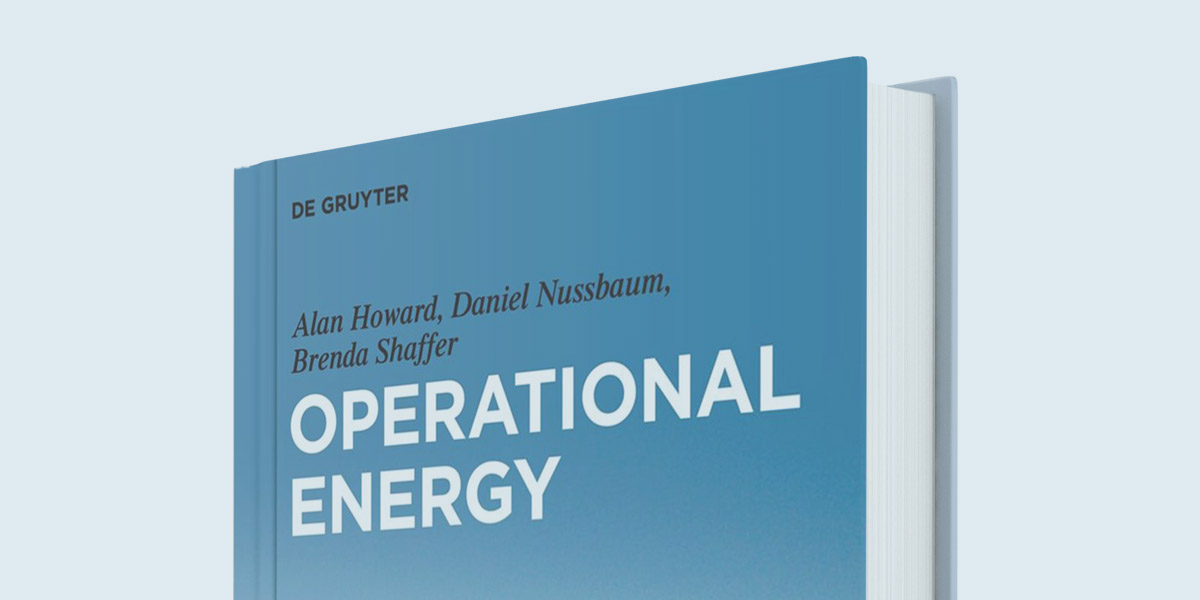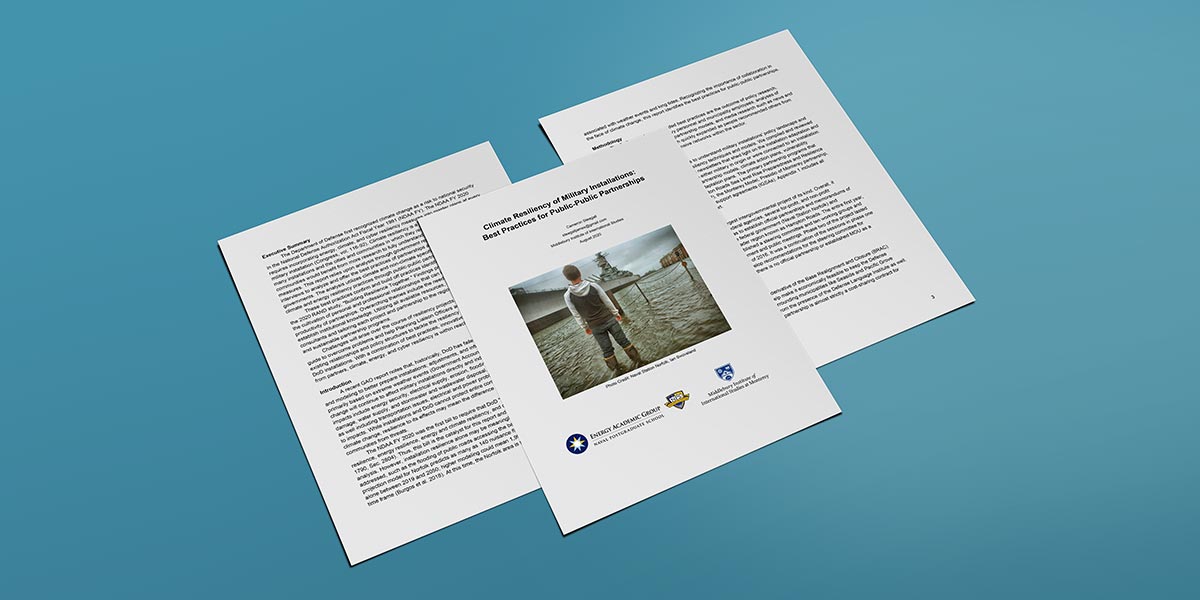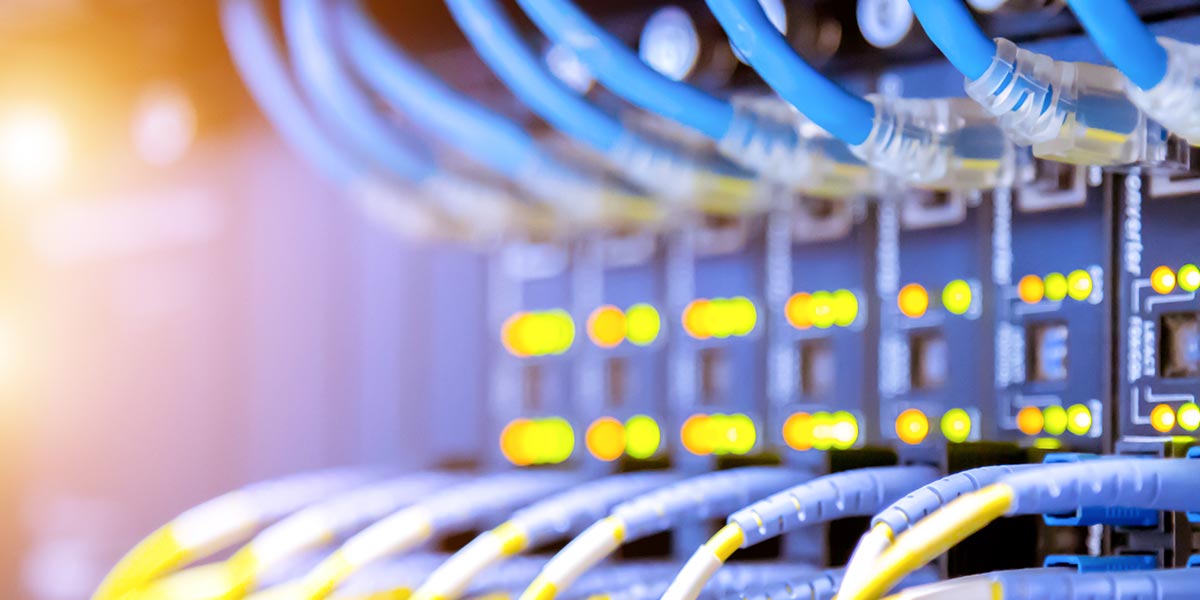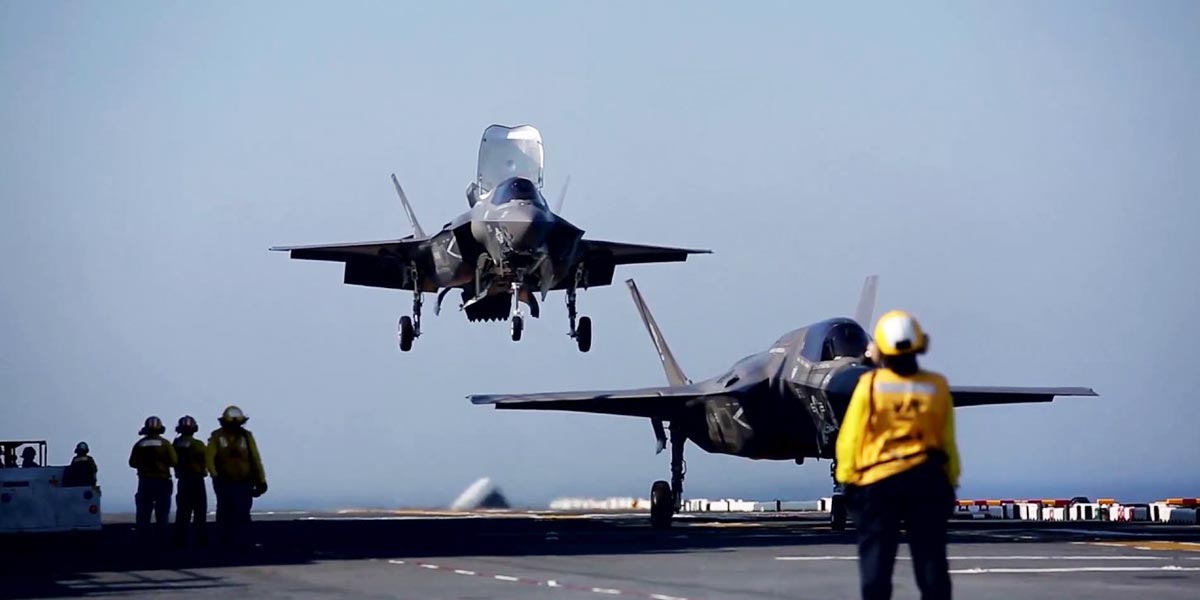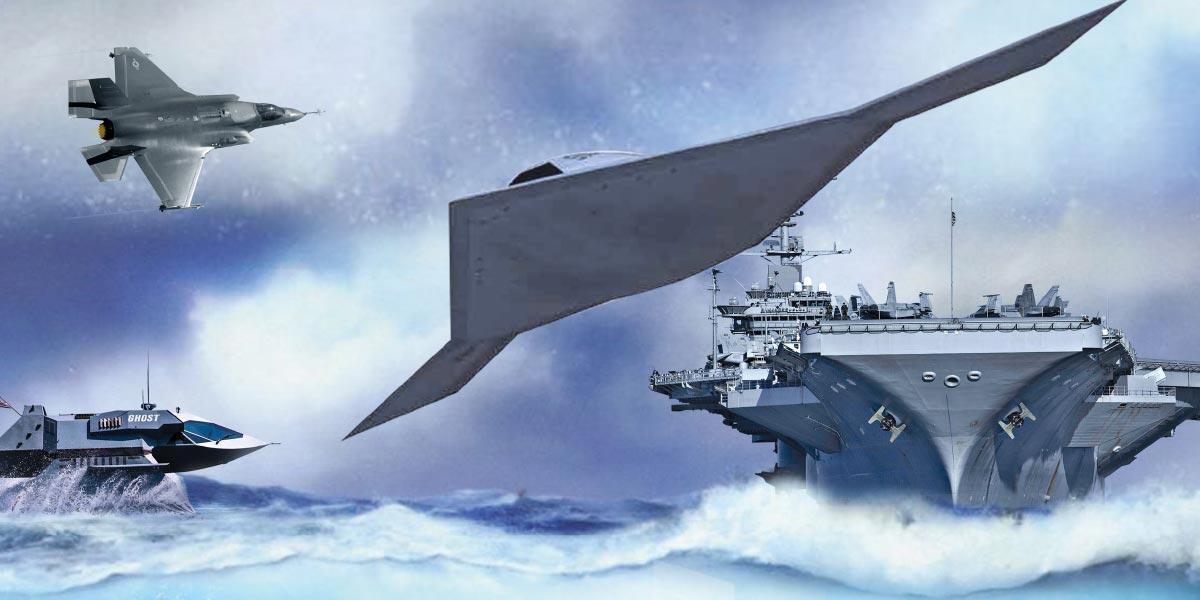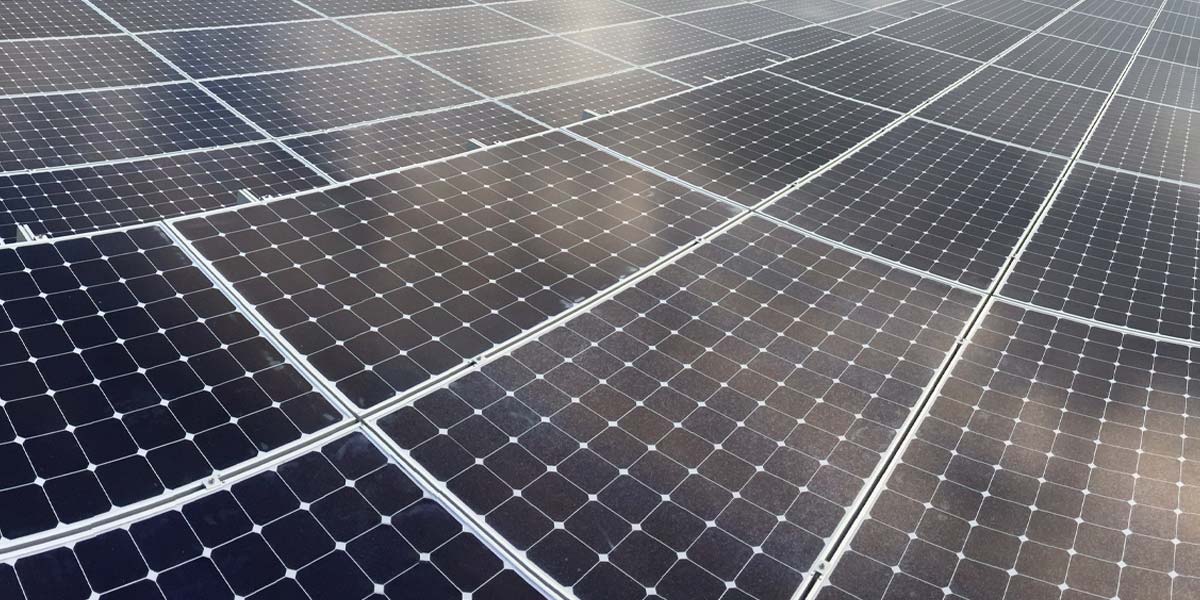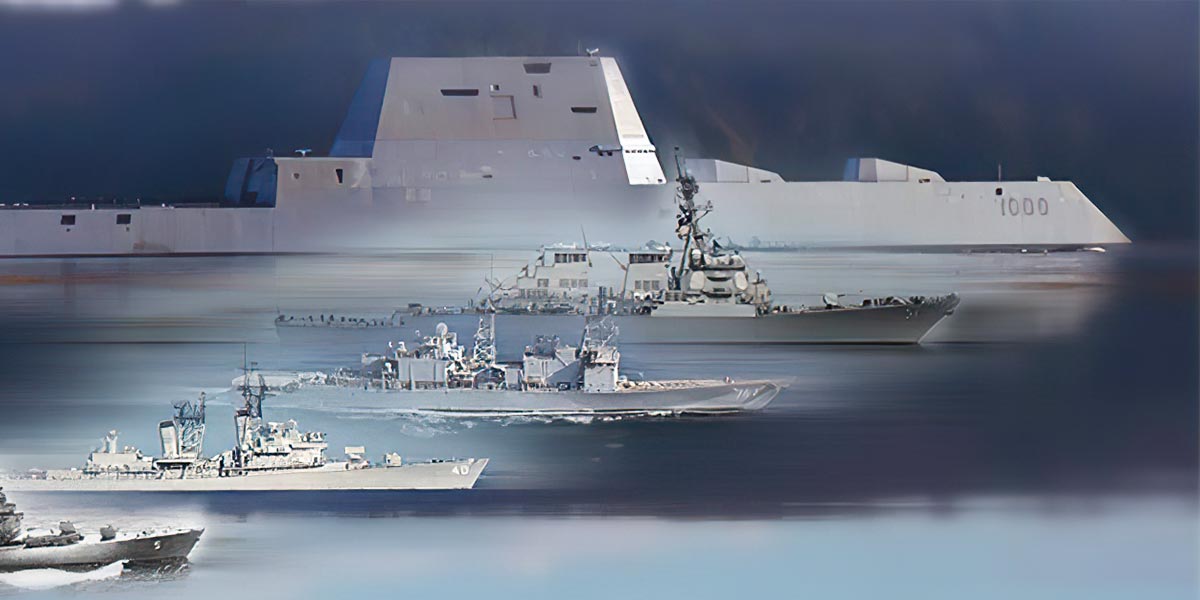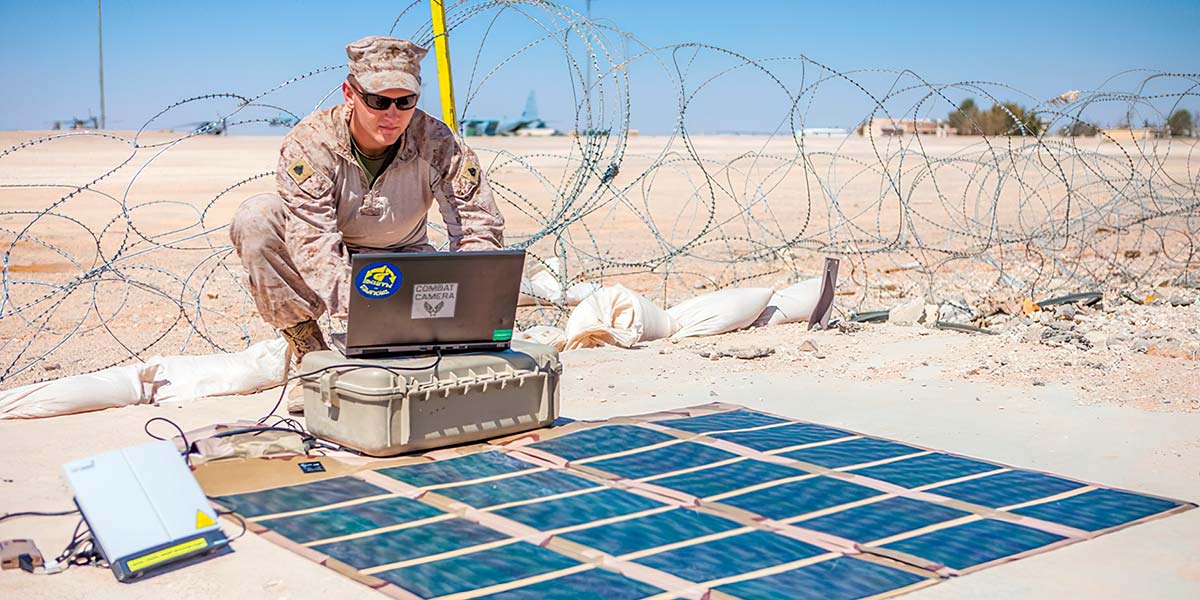Research - Energy Academic Group
Research
Energy research at the Naval Postgraduate School (NPS) is highly diverse, reflecting the various interests of our highly capable faculty and students. A wide range of subject areas are covered by NPS energy research, including basic sciences, engineering, operations and analysis, and business. There is also an increasing amount of work that is cross-disciplinary and integrates the EAG with project, programs, and partners from multiple areas across NPS and the Navy, Marine Corps, and Department of Defense (DoD).EAG research programs and publications:
Center on Combating Hybrid Threats
CCHT coordinates and conducts interdisciplinary research, education programs, and outreach in order to enhance the Naval Postgraduate School students and partners with the strategic, operational, and technological means necessary to detect, deny, disrupt, degrade, defeat and ultimately deter hybrid threats. Learn more
Energy, Climate & Environmental Security
EAG supports Navy-focused issues in energy, climate and environmental security through research and outreach. Learn more
NPS Battery Workforce Development
NPS Battery Workforce Development trains and educates people to discover, mine, refine, deploy, and recycle strategic minerals; and teaches students about advanced battery technologies. Learn more
Operational Energy
Energy is vital for military operations, defined by the US Department of Defense as operational energy (OE). It encompasses the energy needed for training, moving, and sustaining forces and weapons. OE planning extends beyond logistics, integral to combat and regular operations, shaping global power projection and battlefield outcomes by ensuring efficient production and disrupting enemy capabilities. Learn more
Operational Energy Textbook
Operational Energy, a new textbook co-authored by EAG faculty members, highlights the vital role of energy in military power, offering essential insights for officers, strategists, and students. Learn more
EAG Intern Research
A collection of student-created research reports from EAG's internship program. Learn more
EAG research partners:
Center for Infrastructure Defense
CID develops, reviews, and promotes science of the highest quality in the service of defending critical infrastructure systems affecting our homeland at the national, state, and local levels. Learn more
Climate & Security Network
The NPS Climate & Security Network supports the climate and security research and curricular needs of the Navy and DOD. Learn more
Cyber Academic Group
CAG is a interdisciplinary group focused on the study and design of secure and resilient cyber systems and the conduct of cyber operations. Learn more
Energy Innovation
Resources links and videos from the U.S. Naval Research Laboratory and other organizations associated with Operational Energy Capability Improvement Fund (OECIF) projects. Learn more
ESTEP
The Energy System Technology Evaluation Program demonstrates emerging energy technologies and paves the way for future adoption of these technologies across naval installations. Learn more
Naval Research Program
The NRP supports research projects for the Navy and Marine Corps and is comprised of individual research teams, where projects are conducted, NPS expertise is developed, and then maintained, on behalf of the Navy and Marine Corps. Learn more
NEPTUNE
ONR 33’s Naval Enterprise Partnership Teaming with Universities for National Excellence program helps the Navy and Marine Corps discover ways to improve energy conservation, generate renewable energy, and implement energy-efficient technologies—while giving active-duty military, military students and veterans the chance to immerse themselves in university-level research. Learn more
Office of Naval Research
ONR coordinates, executes, and promotes the science and technology programs of the United States Navy and Marine Corps. Learn more
USMC E20
The Marine Corps’ Expeditionary Energy Office analyzes, develops, and directs the Marine Corps’ Energy Strategy in order to optimize expeditionary capabilities across all warfighting functions. Learn more

